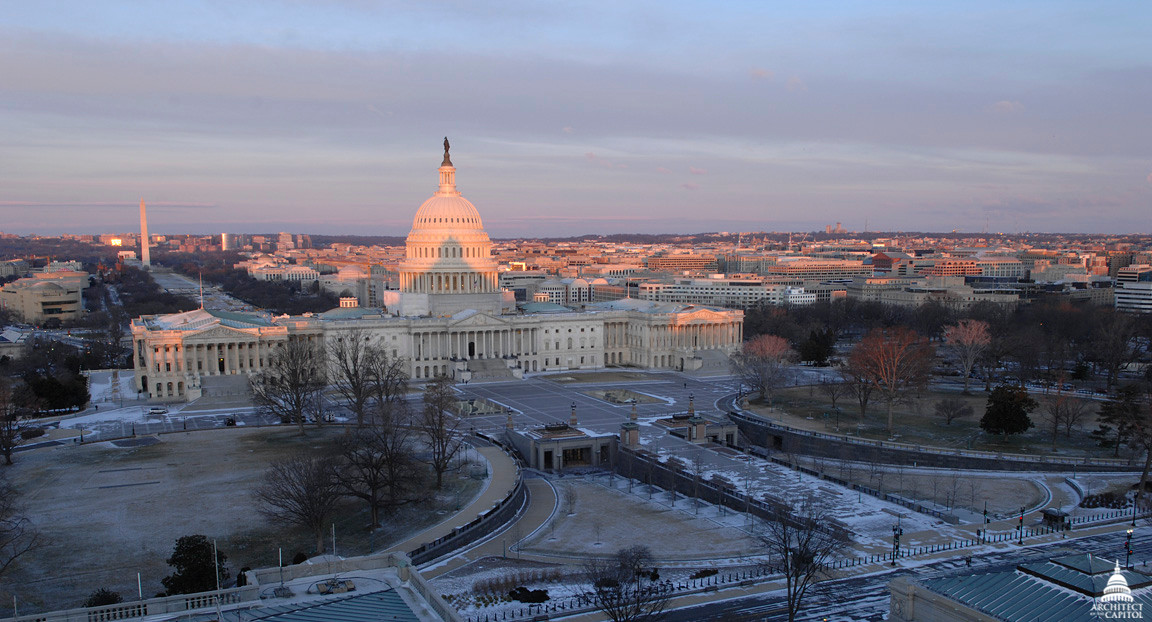Republicans Press Biden Administration on Oversight of Broadband Billions
House members want to make sure money is not being spent to overbuild existing service

The smarter way to stay on top of the multichannel video marketplace. Sign up below.
You are now subscribed
Your newsletter sign-up was successful
Republican congressional leaders have reached out to key Biden administration agencies to make sure the billions of dollars in various broadband subsidy programs created by Congress goes to areas unserved by broadband, particularly rural areas, rather than to “duplicative and wasteful subsidized overbuilding.”
The definition of “access" is key, as Republicans generally define access as the availability of “any” high-speed broadband service — definitions differ, but speeds of 25 Megabits per second downstream and 2 Mbps upstream are considered the low end. The Biden Administration, though, has suggested that price and competition can also be factored into the access equation, which would allow for upgrades where there is already service.
Republican lawmakers sent letters to the Federal Communications Commission, the National Telecommunications & Information Administration and the departments of Treasury, Agriculture and Education, making clear where they thought the money should go. They also requested an accounting of where any of the money from the CARES Act, American Rescue Plan Act and Consolidated Appropriations Act has gone.
Also: Commerce Says CARES Act Includes $1.5 Billion for Broadband
Signing on to the letters were Reps. Cathy McMorris Rodgers (R-Wash.), ranking member of the House Energy & Commerce Committee; James Comer (R-Texas), ranking member of the Oversight and Reform Committee; and Kay Granger (R-Texas), ranking member of the Appropriations Committee.
The NTIA is the lead agency on most of the Infrastructure Act grants, overseeing the distribution of almost $1.5 billion for access for unserved areas, tribal lands and minority communities; $42.45 billion for broadband deployment; $2.75 billion for “digital equity” grants and $1 billion for middle-mile infrastructure.
“As you work to allocate grants pursuant to these laws, we urge you to prioritize funding for unserved communities that lack access to any broadband connection rather than funding duplicative or upgraded service in areas that already have broadband access,” the lawmakers wrote.
The smarter way to stay on top of the multichannel video marketplace. Sign up below.
Also: ISPs Team to Track Biden's Broadband Billions
The legislators want answers by Jan. 14.
Anong the questions they want the FCC to answer are how it is preventing duplication with other subsidy programs — including the Rural Digital Opportunity Fund (RDOF), which is giving out its own billions for broadband in rural areas — and how the commission is preventing the overbuilding of existing service.
Contributing editor John Eggerton has been an editor and/or writer on media regulation, legislation and policy for over four decades, including covering the FCC, FTC, Congress, the major media trade associations, and the federal courts. In addition to Multichannel News and Broadcasting + Cable, his work has appeared in Radio World, TV Technology, TV Fax, This Week in Consumer Electronics, Variety and the Encyclopedia Britannica.

